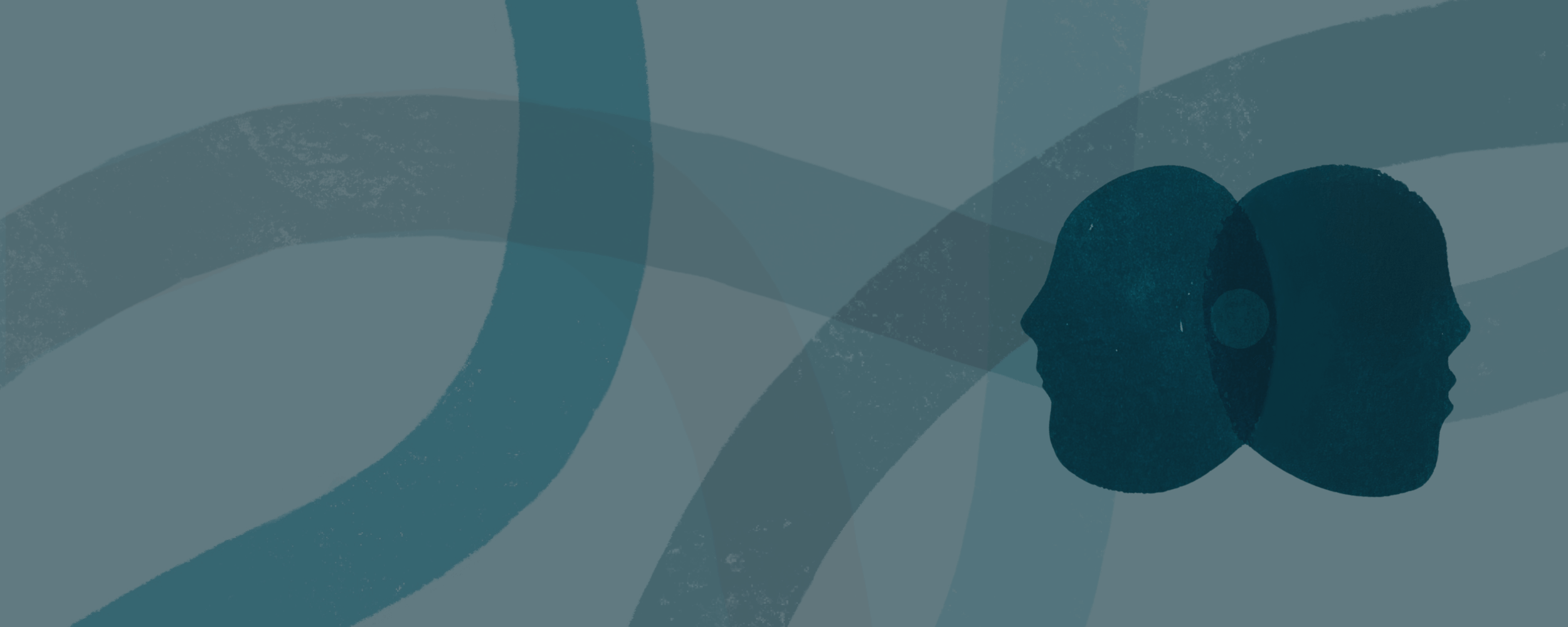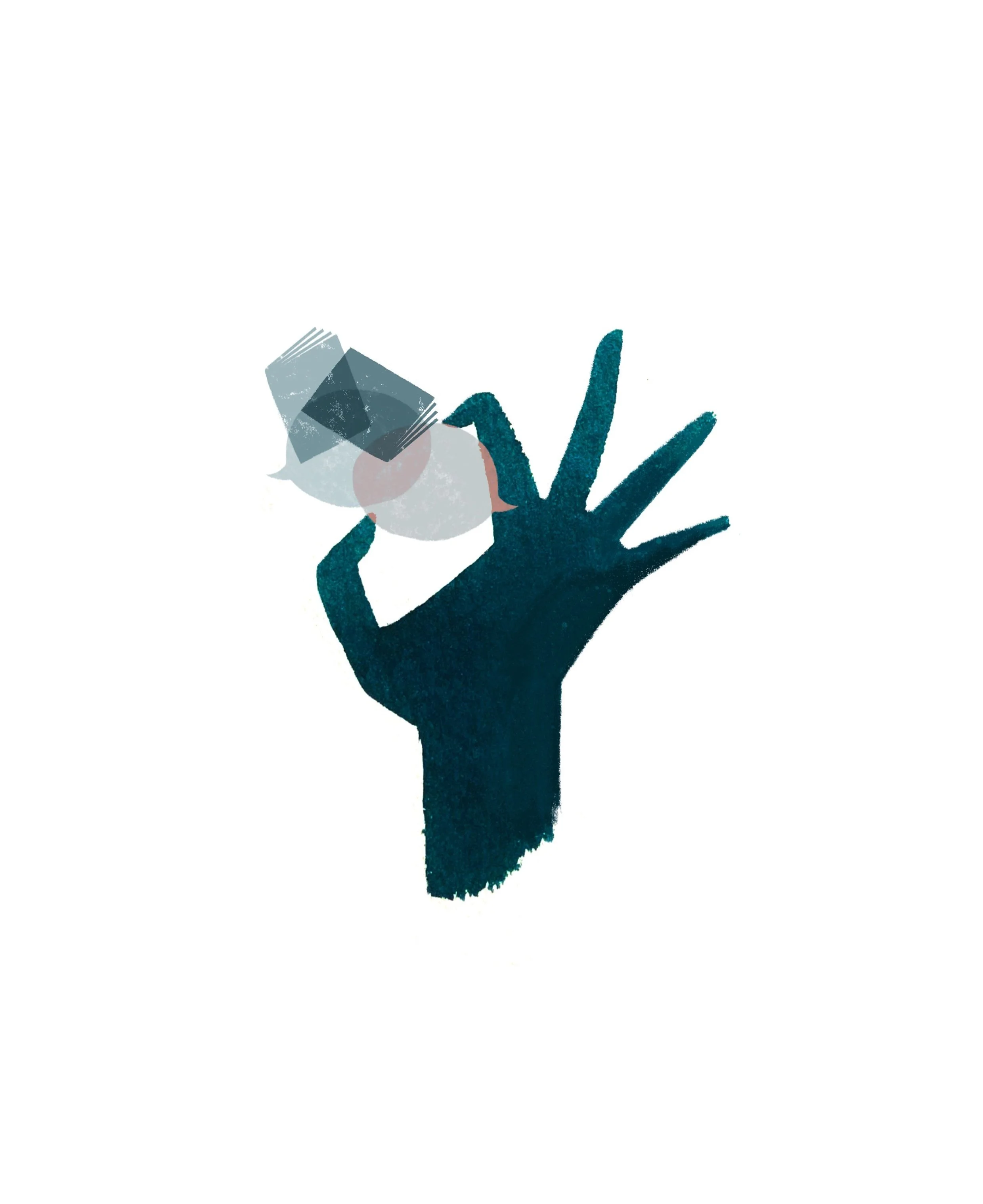Methodology
This research focused on the impact of encryption on children’s rights, particularly in the context of the current debate around encryption and online child sexual exploitation and abuse.
The report draws on a literature review, as well as semi-structured interviews and background conversations with experts working on this topic, and written answers provided in response to a questionnaire.
The literature review targeted particular areas of agreement and disagreement among the participants to the debate, and sources were identified through desk-based research and recommendations from professionals working in this space. The literature review informed some of the report’s analysis and was also used to structure the approach to interviews. Interviewees were drawn from a range of spheres, including child protection, children’s rights, digital rights, privacy and data protection, Internet regulation, and the technology industry.
Adult survivors of online child sexual exploitation and abuse also took part in interviews. In order to take into account children’s views on this issue, reference was made to literature which cites studies carried out by researchers working directly with children.
In addition to semi-structured interviews, the report draws on background conversations, which were in most cases unstructured. Questionnaires were sent to a variety of organisations and covered similar questions to those in the interviews. With questionnaires, the intention was to reach organisations outside the dominant Anglo- and Euro-centric spaces and give them the opportunity to provide input in a flexible format. Where participants agreed, individual views are directly attributed to them in order to improve the transparency of the debate, convey its richness, and help map a way forward.
We would like to thank all of the interviewees and questionnaire respondents who gave us their time to take part in the research for this report as well as everyone, named and anonymous, who reviewed or provided comments on drafts.
Speaking, sharing, and hearing words of mutual recognition is an important step in creating collaborative, accountable, continuous, and respectful relationships across communities who inhabit different territories in the shared landscape of this debate.
The authors are indebted to the open and supportive nature of the wide range of contributing comments from individuals and organisations we were given, in particular those experienced in child sexual abuse and violence against children, and those working in support of victims and survivors, as well as experts in cryptography, policy, institutions, civil society, academia, and industry.
We have done our best to accurately represent others’ views, but the report and any errors outside direct quotes are ultimately the opinion and responsibility of the authors.
Public list of interviewees
We are grateful to representatives from the following organisations, whom we interviewed for this report:
Duncan McCann and Izzy Wick - 5Rights Foundation
Maria Góes de Mello, and João Francisco de Aguiar Coelho - Alana Institute / Instituto Alana
Iverna McGowan Smyth - Centre for Democracy and Technology (Europe Office)
A representative - Coram International - Coram Children’s Legal Centre
Amy Crocker and Isaline Wittorski - ECPAT
Joe Mullin - Electronic Frontier Foundation - EFF
Tom Fredrik Blenning - Electronic Frontier Norway
Ella Jakubowska - European Digital Rights (EDRi)
Hosein Badran - Internet Society (ISOC)
Daniel Sexton and Michael Tunks - Internet Watch Foundation (IWF)
Rhiannon-Faye McDonald and Victoria Green - Marie Collins Foundation
Gail Kent and Helen Charles - Meta
Yiota Souras and Jennifer Newman - National Center for Missing & Exploited Children (NCMEC)
Dianne Ludlow - One in Four
Caroline Wilson Palow - Privacy International
Chloe Setter - WeProtect Global Alliance
Ian Brown - In a personal capacity
Wendy M. Grossman - In a personal capacity
Richard Wingfield - In a personal capacity
We are also grateful to representatives from the following organisations, who provided written answers in response to our questionnaire:
Africa Media and Information Technology Initiative (AfriMITI)
Alexander von Humboldt Institute for Internet and Society
Bits of Freedom
Data Privacy Brazil Research Association.
We also thank other participants working in this space who provided input during approximately 15 hours of private conversations.
We extended invitations to other stakeholders working in the sector, including law enforcement and the charity sector. We hope to be able to engage with those who were not able to take part in this research in the future.
***


